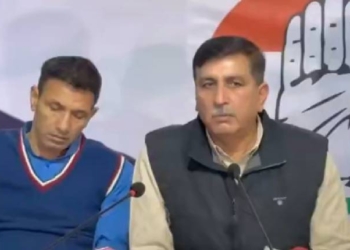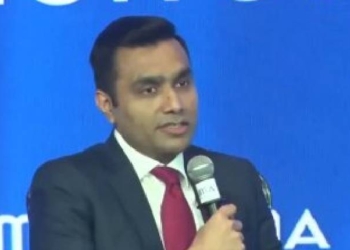New Delhi: With the new government set to take oath under the leadership of Prime Minister Narendra Modi, top global brokerage firms and market analysts said on Thursday that India’s economic fundamentals remain strong and the country’s growth prospects, inflation dynamics, current account status, and fiscal progress are “all encouraging”.
India has several positive factors in its favour and historical data indicates that markets tend to perform well over the 6-12 months following election results, said experts.
“There are no evident bubbles in the Indian corporate balance sheets, banking sector, or property market. Debt levels of listed companies have decreased, banks have strengthened with higher capital adequacy, and real estate prices do not reflect bubble-like conditions despite strong demand,” according to an analysis by YES Securities.
Experts said that Indian households continue to show faith in equity markets, as evidenced by the surge in retail inflows into mutual funds.
Meanwhile, the best is yet to come for FII Investments, they added.
Moreover, the inclusion of Indian government bonds in global indices is expected to attract foreign capital inflows worth $100 billion over the next three years, market analysts said.
According to global brokerage Nomura, reforms in India have generally survived the test of politics and “we expect the government to continue the pace of governance and administrative reforms, leaving states to work around the more intractable reforms around land and labour”.
Meanwhile, the National Stock Exchange of India (NSE) clocked a new world record for the highest number of transactions in a single trading day.
NSE CEO Ashish Chauhan said that the exchange processed a record 19.71 billion orders and 280.55 million trades within the trading hours on Wednesday.
According to analysts, as the market comes back to normalcy, the global construct has turned favourable with the rising possibility of rate cuts by the US Federal Reserve.
However, “in the near-term we have political stability but political developments will continue to weigh on markets,” they added.
(IANS)















